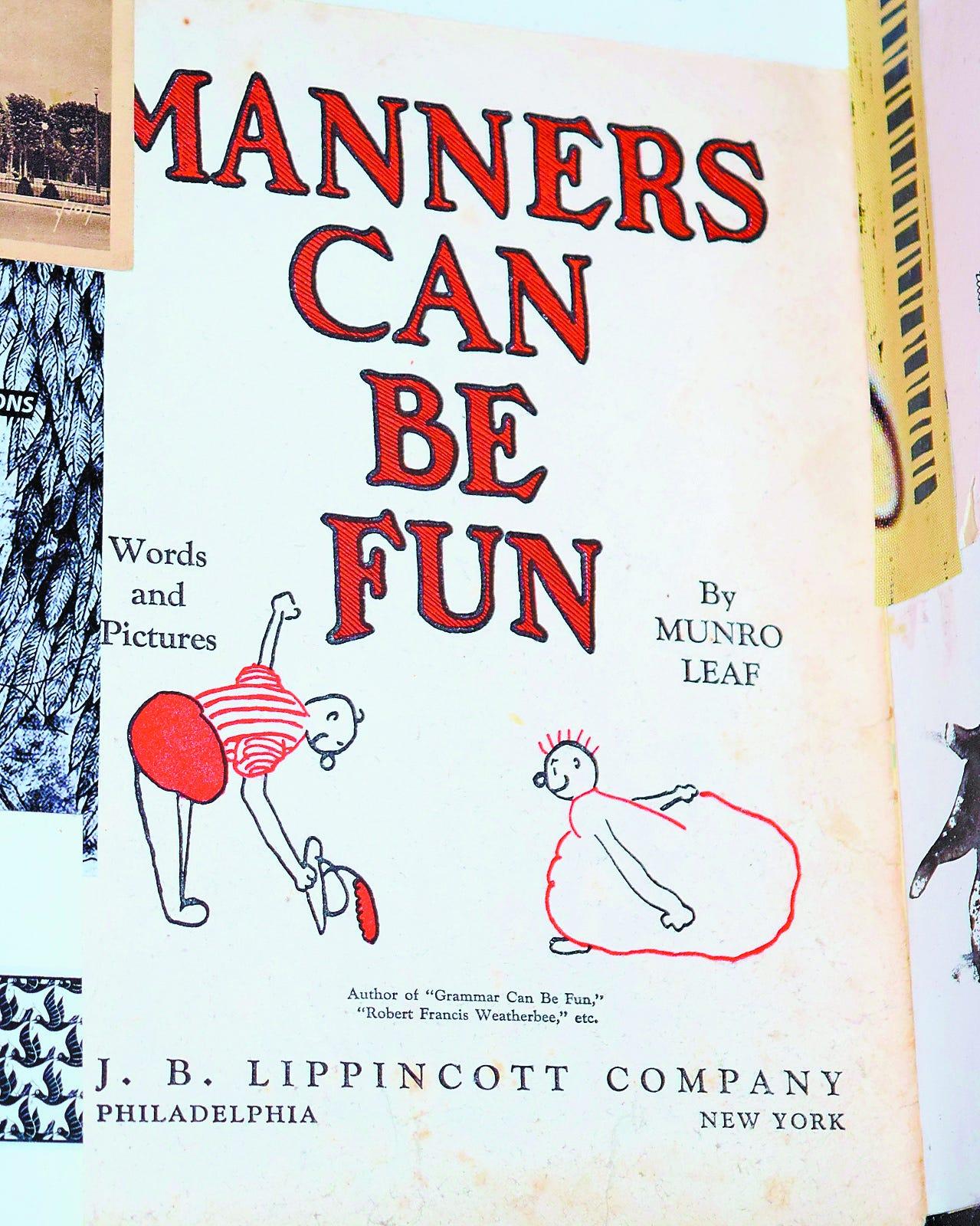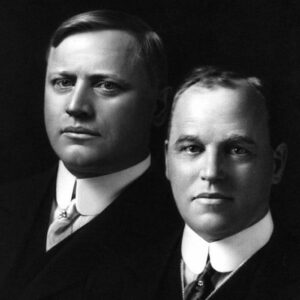
To every woman on Georgia soil she said yes to, Mary Lingenfelter added a little extra, and threw in a “ma’am.”
“I thought I was one of the Southerners,” she says, laughing.
You are viewing: Where Did Sir And Ma’am Originate From Slavery
The longtime teacher wintering in Savannah recalls feeling “tickled pink” hearing Southern students “yes, ma’am” her in her New York classroom. But the younger woman whom Lingenfelter “ma’amed” at a Savannah credit union wasn’t thrilled. She wasn’t “that old,” she told Lingenfelter.
Linguist Kirk Hazen, author of “Identity and Ethnicity in the Rural South: A Sociolinguistic View through Past and Present Be,” compares saying “ma’am” and “sir” – or not saying it – to dining at an unfamiliar restaurant. Do you seat yourself or wait for the hostess? Sometimes diners don’t know the rules of engagement.
Add a “ma’am” or “sir” to every answer and someone will “feel old.”
Or call an older Southern lady by her first name and assume a familiarity she inwardly doesn’t permit.
Who to ma’am
Not every woman gets the courtesy, Lingenfelter’s Southern daughter-in-law told her: An older person doesn’t “yes, ma’am” a younger one.
“At the most basic level, it’s age,” says Hazen, a West Virginia University professor and Michigan native who felt more shocked by the culture during his time in South Carolina at Clemson University than his year in France.
“It took me years to know when it was and when it was not appropriate when I moved down there,” he says of “ma’aming” and “siring.”
Charlotte Carpenter, a New York native living in Savannah, also tightened her understanding of the terms: She believed it was just for respect, but now thinks it’s reserved for the speaker’s elders.
“You don’t know that stuff when you move in,” she says.
But even peers and younger folks hear “ma’am” and “sir” from William Lee Belford Jr.
The Armstrong State University lecturer in English says it to express respect and esteem to his elders – friends or family – or to politely address someone he doesn’t know.
He has devoted much of his energy to analysis of diction, syntax and idiom, but he’s also born and raised in Savannah, and very proper.
As a rule, Belford won’t say an elder or a stranger’s first name until he or she gives him leave to do so.
“I address them by surname and appropriate appellation,” Belford says.
Our French ties
Why did it start?
Patricia Gagnon, a Savannahian with an accent befitting her native Massachusetts, thinks it’s a remnant of Southern slave culture.
Sarah Axemaker, an Alaskan transplant living in Savannah since July, suspects the same.
Read more : Where Does The Pacific Coast Highway Start And End
Slavery did have an overt power system, according to Hazen, who says the terms were used then.
But he doubts that slavery was the only reason people still say “ma’am” and “sir.”
“Slavery was not the singular reason it held on,” he says.
The courtesy recognizes hierarchy and power.
Hazen brings up the British drama series “Downton Abbey” set in the early 1900s. Staff and butlers say “ma’am” and “sir.”
The speech goes back to landowners and feudal systems, and those who worked the land in England and France. The English borrowed heavily from French customs, Hazen says.
“Ma’am,” which we first encounter in 1668, says Belford, is just a shortening of the French word “madam.” It means “my lady.”
Staying power
But why are the U.S. Southerners the only ones saying it?
They’re not, according to Belford. People in all military branches say it to commissioned and warrant officers.
And bring it across the pond should the Queen of the United Kingdom grant you an audience.
“Address her first as ‘Your Majesty,'” Belford says. “And then, should the conversation continue, use ‘ma’am.'”
But to its lingering usage in the South, Hazen ascribes a prolonged sort of social connection to England.
Southerners picked up their dialect features, like dropping their “r’s,” according to Hazen.
And saying “ma’am” and “sir” is still a part of Southern family traditions.
“That’s where it gets taught,” Hazen says.
Patricia Dennard’s four children say it – “it’s a must; they have to” – even though Dennard herself didn’t until she picked up the practice as a teenager.
“I’ll ask the teachers, too, at conferences, ‘Have they been using their manners?'” the Savannah woman says. “It’s just respect.”
‘Super bossy’
“It’s extra, it’s super courteous,” says Gagnon, whose arrival in the South felt “like coming to a new country.”
Originally from Massachusetts, Gagnon dubs herself a “crass Northerner” who won’t use the terms, though they impress her.
“Even in IGA, that one lady,” she says of a grocery worker who always “ma’ams” Gagnon. “She’s a real Southerner.”
Read more : Where Can I Buy 5 Gallon Spring Water
Axemaker likes hearing it, but she thinks it’s especially funny when co-workers whom she sees more as peers than subordinates “ma’am” her.
“It cracks me up because it makes me feel super bossy and in charge of everything,” she says.
“People who use it, use it for respect, and in general, people like to be recognized, to have respect shown to them,” Hazen says.
But it needs the right inflection, according to Hazen, considering its usage when balancing authority.
For instance, if a child must say it but hits the ending hard, stressing the last part of “ma’am,” then maybe it was said disrespectfully, or without meaning.
“You’ve got to have some kind of falling inflection at the end,” Hazen says.
Feeling old
“Some people say they feel old when addressed with this courtesy,” Belford says, “regardless of whether they recognize the spirit in which it is used.”
Belford is happy to oblige if they ask to be called otherwise.
“To not oblige such a request would be inconsiderate,” he says.
But receiving an age-linked “ma’am” may signal an uncomfortable transition for a Southerner. People in their late 20s may feel its sting, then noticing all the younger people around them.
“Hit that age where you are being ‘ma’amed’ or ‘sired,’ that can be an eye-opener,” Hazen says.
But growing older in the South means hearing it more and more.
Should we stop saying it?
“No, ma’am, we should not,” Belford says.
Southern style
5 ways to “ma’am” or “sir” someone:
• Say it to someone older (family, friends)
• Say it to a figure of authority, such as someone in power, parents, bosses, teachers
• Use it to address older or younger adults you don’t know
• Use it to answer a command or question, such as, “Pick up your socks,” or “Did you pick up your socks?”
• Use it when you’re in trouble, to grant authority
Source: https://t-tees.com
Category: WHERE
